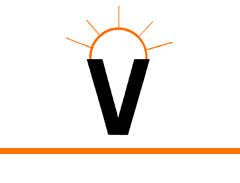Abstract
Having and utilizing free time is often a problem for individuals and for families. Family leisure education, focusing on lifestyles and leisure, or family wellness and the role of leisure may be a first step in addressing that problem. No other profession is specifically charged with the responsibility of educating for leisure; that charge is unique to the recreation and leisure profession. Families, as individuals and as a unit have significant time available for experiencing recreation and leisure, and their choices singularly and collectively impact on the unit as a whole. By exploring the components of leisure education, especially self and leisure awareness, the professional has an opportunity to assist family members in exploring intra and interpersonal transactions. Since most of the time families spend is off-work time, their primary interactions take place in the home and during free time, and it is during these times that they will come to know each other and come to bond or fragment as a group. The recreation and leisure choices made by each member and the group impact on how the unit will come to be defined. By exploring values, attitudes, behaviors and roles, the professional can help facilitate the meaning of recreation and leisure in the lives of the family unit. This paper focuses on the conceptual and practical design of a family leisure education model that can be used in various recreation settings including those settings which serve people with disabilities.
Recommended Citation
Rancourt, Ann M.
(1988)
"Leisure Education and the Family,"
Visions in Leisure and Business: Vol. 7:
No.
3, Article 5.
Available at:
https://scholarworks.bgsu.edu/visions/vol7/iss3/5

